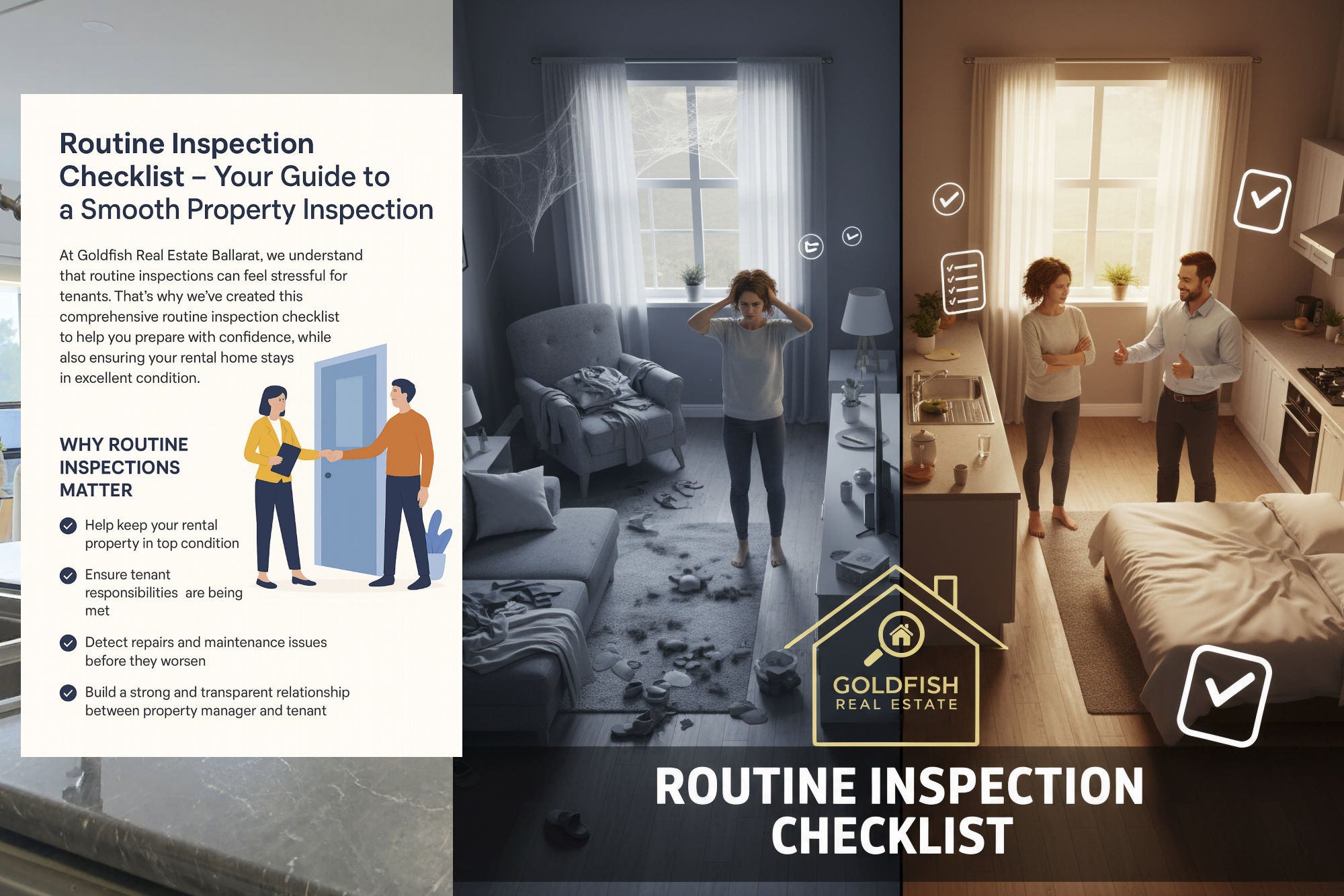As per the Residential Tenancies Act, part of the 2021 amendments, rental properties must be kept in good repair and reasonably fit for occupation. Rental providers must ensure that the property is in a suitable condition for occupation regardless of the amount of rent paid, or the property’s age/character.
Rental provider's minimum standards
Rental providers must ensure that the premises meet the required rental minimum standards (see page 179 of the regulations). Should the premises not meet these standards, a renter now has the right to terminate the agreement before they move in, or alternatively can request an urgent repair to the property, after moving in.
Summary of 14 Categories of the minimum standards:
Bathroom: A rental property’s bathroom must contain a washbasin, a shower, or bath and must be connected to a reasonable supply of hot and cold water with certain water star ratings to apply depending on the plumbing at the property.
Electrical Safety: All power outlets and lighting circuits are to be connected to a required switchboard depending on the property requirements (page 182).
Heating: A heater is required in at least the main living area of the rented property. There are certain classifications depending on what Class of building the property is. (page 184).
Kitchen facilities: Rented properties must have a dedicated area for cooking and food preparation. The area must have a sink that is in good working order and is connected to a reasonable supply of hot and cold water, and a cooktop that is in good working order with two or more burners. If there is an oven at the property, it must be in good working order.
Laundry: If laundry facilities are present, they must be connected to a reasonable supply of hot and cold water.
Lighting: Corridors, hallways, and interior rooms must have access to light (whether natural or artificial) that provides a level of illuminance appropriate to the use of the room. Each room needs to have access to natural light (including borrowed light from an adjoining room) during daylight hours, and artificial light during non-daylight hours.
Locks: All external entry doors to the property that are not able to be secured with a functioning deadlock, other than any screen door attached to an external door must be fitted with a locking device that is operated by a key from the outside and may be unlocked from the inside or without a key.
Mould and dampness: Each room in the property must be free from mould and damp caused by or related to the building structure.
Structural soundness: The property must be structurally sound and weatherproof.
Toilets: all rented premises must contain a toilet that is in good working order.
Ventilation: Each room of the bathroom, shower room, toilet, and laundry must meet certain ventilation requirements (page 184).
Vermin-proof bins: A rubbish bin and recycling bin are to be supplied to the renter, provided by the council or otherwise.
Window Coverings: each window in a room that is likely to be used as a bedroom or as a living area must be fitted with a curtain/blind that can be opened and closed, can block light, and can provide privacy.
Windows: all external windows that are capable of opening, must be able to be set in an open or closed position and have a functioning latch protecting against external entry.
To access the complete Residential Tenancies Regulations 2021, click here>>>>.
Are you thinking of changing your Property Manager to manage your investment property or property portfolio? It’s easy & hassle-free to switch. To experience the difference, call us today.














